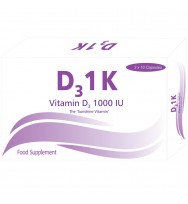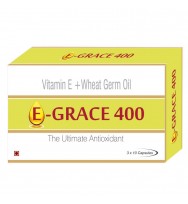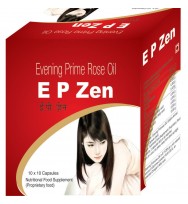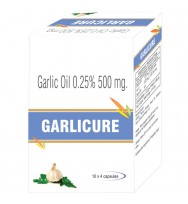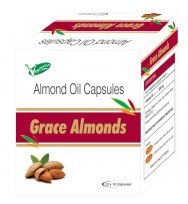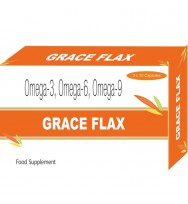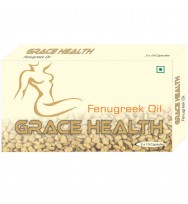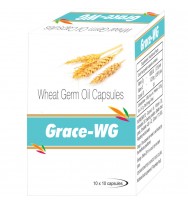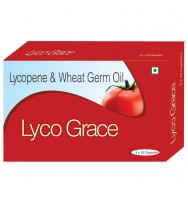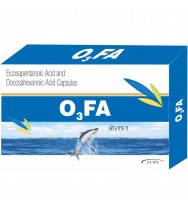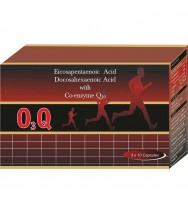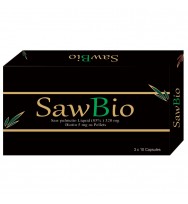Multiz
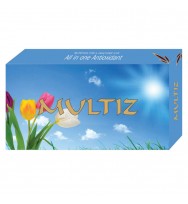
Multiz
Lycopene is a powerful antioxidant that can help protect against degenerative diseases. Lycopene may help prevent DNA damage in the cells and help the cells to function better.
Health Benefits
Lycopene is well known specifically to help prevent many forms of cancer as well as the prevention and treatments of many illnesses and diseases such as:
Heart diseases-Lycopene stops LDL cholesterol from being oxidized by free radicals and in turn cannot be deposited in the plaques which narrows and hardens the arteries
Infertility-Research suggests that lycopene may help in the treatment of infertility. Results from tests showed that lycopene can boost sperm concentration in men
Helps prevent diabetes
Prevents age-related macular degeneration and cataracts
Prevents the aging of skin and keeps it younger looking
Acts as an internal sunscreen and protects your skin from sunburn
Lycopene is also been known to help prevent osteoporosis
Health Benefits
A study on heart disease found that men with high levels of lycopene in their fatty tissues had a 50 percent reduced risk of heart disease.
Another study found that men who ate tomato products more than twice per week had a 21 to 34 percent reduced risk of prostate cancer. Those who ate 10 servings or more per week decreased their risk by 45 percent.
Women with high levels of lycopene have a 5 times lower rate of cervical cancer than those with the lowest levels.
Lycopene has also been shown to have a protective effect against stomach, colon, lung and skin cancers. It reduces the risk of arteriosclerosis by inhibiting platelet aggregation and reducing inflammation and helps to protect the skin from damage resulting from UV sun exposure. It is a common ingredient in anti-aging creams and lotions. Lycopene degrades easily so it’s important to keep the conainer properly sealed between uses. One study found that when people ingest tomato products on a daily basis, they show a 30 percent increase of the ability of their skin to withstand UV radiation damage from sun exposure.
Lycopene is a carotenoid present in human serum and skin as well as the liver, adrenal glands, lungs, prostate and colon. Lycopene has been found to possess antioxidant and antiproliferative properties in animal and laboratory studies, although activity in humans remains controversial.
Scientific studies show that lycopene helps prevent prostate, lung, and stomach cancers.3 There is also some evidence that cancers of the pancreas, colon and rectum, esophagus, oral cavity, breast, and cervix could be reduced with increased lycopene intake.3 This hearty antioxidant provides a two-for-the-price-of-one deal as it may help reduce your risk of developing cardiovascular disease by reducing LDL ("bad") cholesterol and lowering blood pressure.1
Vitamin A: Vitamin A is an essential vitamin required for vision, gene transcription, boosting immune function, and great skin health.
Vitamin D: Vitamin D is a steroid vitamin, a group of fat-soluble prohormones, which encourages the absorption and metabolism of calcium and phosphorous. People who are exposed to normal quantities of sunlight do not need vitamin D supplements because sunlight promotes sufficient vitamin D synthesis in the skin.
Vitamin D is used for conditions of the heart and blood vessels, including high blood pressure and high cholesterol. It is also used for diabetes, obesity, muscle weakness, multiple sclerosis, rheumatoid arthritis, chronic obstructive pulmonary disease (COPD), asthma, bronchitis, premenstrual syndrome (PMS), and tooth and gum disease.
Vitamin E: As an antioxidant with a powerful punch, vitamin E helps prevent cancer, heart disease, strokes, cataracts, and possibly some of the signs of aging.
Vitamin E protects artery walls and keeps the "bad" low-density lipoprotein (LDL) cholesterol from being oxidized. Oxidation of LDL cholesterol marks the beginning of clogged arteries. Vitamin E also keeps the blood thin by preventing blood platelets from clumping together. High levels of vitamin E in the body decrease the risk of a non-fatal heart attack or stroke in most people.
Methylcobalamin:
Vitamin B12 plays an important role in red blood cells, prevention and treatment of anemia, methylation reactions, and immune system regulation. Evidence indicates it has some metabolic and therapeutic applications not shared by the other forms of vitamin B12.
Biotin: Biotin is used for preventing and treating biotin deficiency associated with pregnancy, long-term tube feeding, malnutrition, and rapid weight loss. It is also used orally for hair loss, brittle nails, skin rash in infants (seborrheic dermatitis), diabetes, and mild depression. Biotin is a coenzyme and a B vitamin and is also known as vitamin H. As a supplement, biotin is sometimes used for diabetes, brittle nails, and other conditions.
Biotin plays a key role in the body. It supports the health of the skin, nerves, digestive tract, metabolism, and cells. Biotin may also help to treat some types of nerve pathology, such as the peripheral neuropathy that can result from kidney failure or diabetes.
Biotin supplements have been studied as a treatment for a number of conditions. In people with type 2 diabetes, early research suggests that a combination of biotin and chromium might improve blood sugar. On its own, biotin might decrease insulin resistance and nerve symptoms related to type 2 diabetes.
Support healthy skin through proper fat production
Help your body make efficient use of sugar
Maintain an energy supply in your nerve cells
Selenium: Has an antioxidant property. Antioxidants protect cells from damage. There is some evidence that selenium supplements may reduce the odds of prostate cancer.
Selenium is used for diseases of the heart and blood vessels, including stroke and “hardening of the arteries” (atherosclerosis). It is also used for preventing various cancers including cancer of the prostate, stomach, lung, and skin.
Some people use selenium for under-active thyroid, osteoarthritis, rheumatoid arthritis (RA), an eye disease called macular degeneration, hay fever, infertility,cataracts, gray hair, abnormal pap smears, chronic fatigue syndrome (CFS), mood disorders, arsenic poisoning, and preventing miscarriage.
Selenium is also used for preventing serious complications and death from critical illnesses such as head injury and burns. It is also used for preventing bird flu, treating HIV/AIDS, and reducing side effects from cancer chemotherapy.
Send Enquiry
